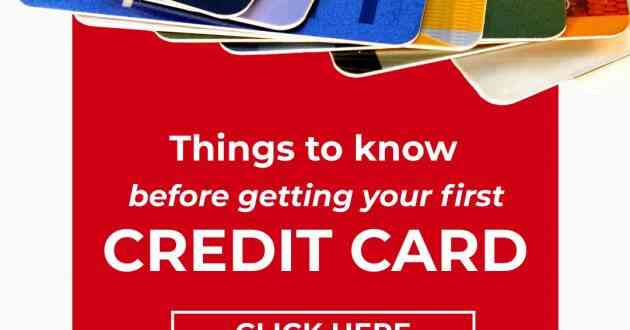What You Should Know About Credit Card Deferral Programs
The credit card issuer will look at various aspects of personal financial life to determine if you qualify for program
When American unemployment is the highest it has been for decades, and significant life changes are occurring rapidly, credit card companies are reaching out to make deferral or hardship programs available for those feeling the financial squeeze during this trying time.
Deferral Programs, Hardship Programs, Forbearance; What’s the Difference?
While programs can differ from issuer to issuer, there is little difference from a deferral program, a hardship program, and forbearance. Should you encounter financial hardship during the COVID-19 pandemic, your credit card issuer will ask you to qualify for temporary relief with one of their programs. Some of the benefits of enrolling in one of these programs include skipping monthly payments, waiving late fees, or lowering your interest rate for a short time.
Your credit card issuer will look at various aspects of your personal financial life to determine if you qualify for their deferral program. Areas that they look at are your relationship with your credit card issuer, your credit score, the type of credit card you have, and the details you give them about your current financial hardship.
Pros of Credit Card Deferral
When you find yourself in an emergency such as a job loss, you can find temporary relief in a credit card deferral program. In some cases, it allows you to pause your credit card payment and use those funds to cover other bills such as your mortgage, utilities, and groceries. While this may be reported to the three major credit score companies, your issuer can add a note to your credit report stating you are enrolled in their deferral program.
At the time of your enrollment in your issuer’s deferral program, you can waive the late fee so you can save yourself up to $40. Again, your issuer may have to add a note to your credit report for those in a different financial institution to understand that you are in deferral. However, a simple late fee waiver should not harm your credit score.
Cons of Credit Card Deferral
When you register in a credit card deferral program, keep in mind that the interest rate may be waived for a short time, or they might not be waived at all. You may have your minimum payment reduced or waived, but the interest still piles on to the overall balance. In a few short months, you may see your balance shoot up exponentially, and you will be shocked when you receive the bill.
With the added credit card debt that is not paid, your debt-to-income ratio becomes significantly unbalanced. Therefore, if you attempt to get a personal loan during this time, you may find yourself rejected by the loan officer because your debt is so high compared to your income.
Main thing
When you determine whether you should enroll in a credit card deferral program, take an inventory of your current financial situation, and look out for the next couple of months. Determine if your financial situation will change and develop a game plan for your financial future. Make your decision with the end in mind versus some temporary relief. For more details visit Dsouza & Strachan Law Group.


